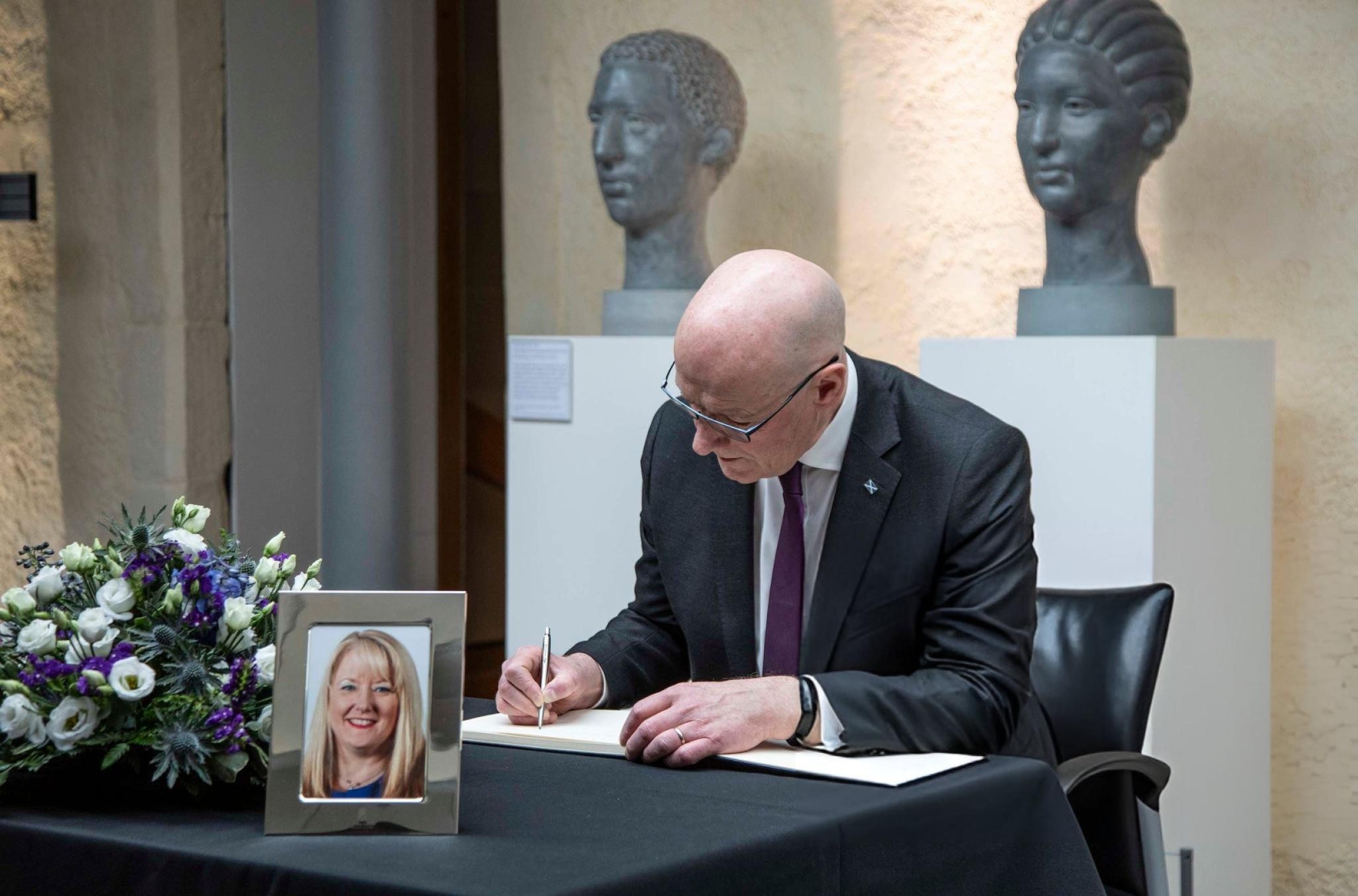EDINBURGH – 8 May 2025: Scotland’s First Minister John Swinney has issued a stark warning against further military escalation in Kashmir, cautioning that no side stands to gain from the intensifying conflict between India and Pakistan, and highlighting the growing anxiety among South Asian communities in Scotland.
In the wake of deadly cross-border violence, including missile strikes, retaliatory shelling, and disputed claims of downed aircraft, Mr Swinney called for “dialogue, diplomacy and shared humanity” over what he described as “force and bloodshed.”
The renewed hostilities erupted after a brutal terrorist attack near the tourist town of Pahalgam in Indian-administered Kashmir last month, which left dozens dead. In retaliation, India launched missile strikes that reportedly killed at least 26 people, including a child. Pakistan responded with artillery shelling that, according to Indian police, resulted in the deaths of seven civilians. Islamabad also claimed it had shot down Indian fighter jets—claims New Delhi has neither confirmed nor denied.
Taking to social media platform X (formerly Twitter), the First Minister said: “The terrorist attack in Pahalgam and escalating tensions between India and Pakistan are highly concerning. There are no winners from further military escalation – protecting civilians in the region is urgent and paramount.”
Mr Swinney acknowledged the deep personal impact such developments would have on the sizeable Indian and Pakistani diaspora living in Scotland. “This will be a deeply worrying time for our Indian and Pakistani communities in Scotland, and as First Minister, the Government I lead will do all it can to support them,” he added. “My thoughts this evening are with the families of those who have loved ones in the region.”
He urged Scottish residents with ties to the region to closely monitor guidance from the Foreign, Commonwealth and Development Office (FCDO), which has now strengthened its travel warnings. The FCDO advises against all travel within 10 kilometres of the India-Pakistan international border and within 10 miles of the Line of Control—the de facto boundary dividing Kashmir between the two nations.
Mr Swinney’s intervention follows calls for restraint from Prime Minister Sir Keir Starmer during Prime Minister’s Questions in Westminster on Wednesday. Starmer echoed international appeals for calm, urging both governments to “step back from confrontation and prioritise peaceful resolution through diplomatic means.”
While tensions over Kashmir are nothing new, the latest escalation marks one of the deadliest spikes in violence in recent years. With both nations nuclear-armed and historically prone to confrontation over the disputed region, international observers have raised concerns that further military engagement could spiral out of control.
Mr Swinney’s comments underscore the importance of domestic solidarity and support for ethnic communities during international crises. Scottish ministers have previously maintained a neutral stance on the territorial dispute, focusing instead on the welfare of residents and promoting peacebuilding through international cooperation.
Community leaders across Scotland have echoed the First Minister’s sentiments. Jaspreet Singh, director of a Glasgow-based South Asian community group, welcomed Mr Swinney’s statement. “Our community is extremely anxious, particularly those with family in Kashmir. We’re grateful that the Scottish Government recognises this and stands with us in calling for peace.”
Similarly, Amna Hussain from the Edinburgh South Asian Forum stressed the need for unity: “It’s times like these that remind us how closely connected we are. Political leaders must act with wisdom and compassion. Lives depend on it.”
With the situation on the ground still volatile and diplomatic efforts under way behind closed doors, the world will be watching closely to see if a path to de-escalation emerges. Meanwhile, communities in Scotland and beyond continue to hope for peace — and for loved ones caught in the crossfire to remain safe.
Would you like a follow-up piece exploring how Scottish communities are responding to the crisis?






